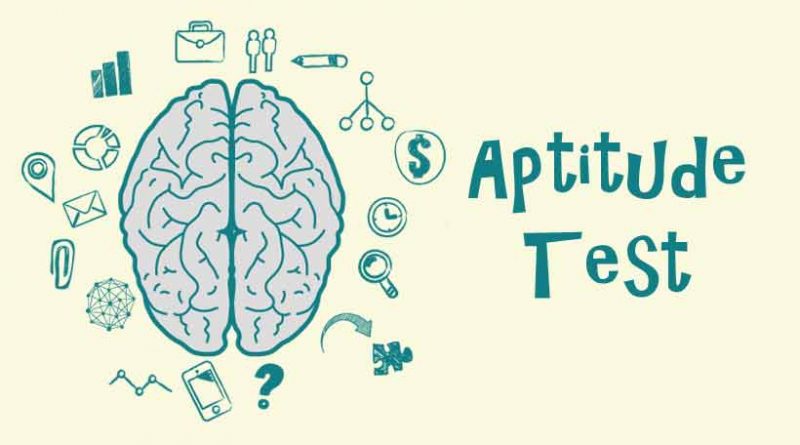Why Aptitude Tests Are Relevant?
Why Aptitude Tests Are Relevant?
The use of aptitude tests to screen potential talent for jobs has been the standard practice across industries for quite some time. Aptitude tests have invariably become an integral part of the recruitment process, and in most cases, the crucial first step of elimination.
Aptitude tests evaluate factors that are crucial in the performance of the job in question. They may assess one or more areas such as an applicant’s capability to solve problems, apply logic, analyze information, write coherently or work under pressure. Pre-screening applicants can help reduce the number to a more manageable size who will then go through a further round of rigorous screening like group discussions or interviews.
TYPES OF APTITUDE TESTS
Different aptitude tests measure different qualities but at the end of the day, they all provide valuable insights where an interview alone would not have sufficed. The content test and the manner in which its administered varies based on the vacancy and other time-cost considerations. While paper-pen tests were prevalent in the past, most organizations have now migrated to online tests.

Aptitude tests include:
Ability tests
The most commonly used tests and most organizations worldwide believe such tests are pretty accurate predictors of job performance. The commonly tested areas in an ability test include quantitative ability, reasoning ability, verbal ability, and technical ability.
Knowledge tests
These tests measure an applicant’s technical or theoretical expertise in any domain. It is used while screening for jobs that require specialized know-how or high-level expertise, such tests focus on specific topics relevant to the job functions.
There could be a potential gap between theoretical knowledge and practical application. Or vice-versa where a candidate may have the requisite level of knowledge but lacks the ability to adjust to new work conditions.
Personality tests
The objective of the personality test is to assess if an applicant’s personality can translate to job performance. A well-designed test should be able to detect inconsistencies and misrepresentations.

Advantages
There are significant advantages in conducting aptitude tests as part of the recruitment process. Such tests are pretty accurate when it comes to assessing an applicant’s strengths and weaknesses and provide in-depth insights into certain key aspects where an interview alone may not suffice.
Objectivity – Keeps you informed
Some information is hard to gather in any other way. By staying up to date with aptitude tests, you will know your strengths and weaknesses and be able to score well for each potential employer.
Time-saving
Tests may be administered among hundreds or even thousands of candidates at the same time and the most efficient way of gathering responses. It shows you what areas of your educational background and experience you need to work on to get ahead in your career.
Comparative
The test scores can also be compared, not just to pick the best performers but also to contrast with relevant groups to better predict job performance.
Disadvantages
Each job requires different skills and the tests must be able to benchmark them. In the current scenario, job descriptions and requirements are rapidly evolving. Aptitude Tests can sometimes be off the mark, regardless of how well-designed they may be.
Cultural bias
Our abilities and accomplishments are based on experiences such as our upbringing, home setting, education, and opportunities. All these will have an impact on the results of the aptitude test.
Aptitude does not necessarily result in good performance
The fact that someone has an aptitude for something does not necessarily mean that they will perform well. This includes training, motivation, and interest.
Test Anxiety
There is a psychological effect that may negatively affect the performance of candidates known as test anxiety. This type of stress can manifest itself psychosomatically in various symptoms; increased blood pressure and heart rate, dizziness, chest tightening and shortness of breath. The emotional effects can inhibit an individual’s ability to perform, which might cost you a viable and valid candidate.
